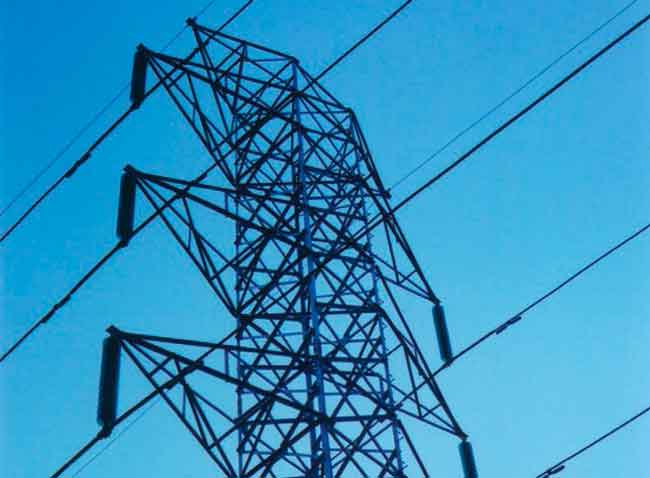U.S. shuts Web site said to reveal nuclear guide: report
WASHINGTON, D.C. - The U.S. government has shut down a Web site it set up in March containing documents captured during the Iraq war after experts raised concerns it offered a guide to building an atom bomb, the New York Times reported.
It said the Bush administration started the site under pressure from congressional Republicans who hoped to use the Internet to find new evidence of dangers posed by former Iraqi President Saddam Hussein before the U.S.-led invasion in 2003.
In recent weeks, according to the Times, the site posted documents that weapons experts said contained detailed accounts of Iraq's secret nuclear research before the 1991 Gulf War that one diplomat called "a cookbook" for building an atom bomb.
After the Times informed the government about the concerns, it said the government suspended the site. It quoted a spokesman for the director of national intelligence as saying the site was withdrawn "pending a review to ensure its content is appropriate for public viewing."
A diplomat affiliated with the watchdog International Atomic Energy Agency told Reuters IAEA inspectors were "shocked by the explicitness of the content" on the Web page and a senior agency official conveyed the concerns to U.S. diplomats in Vienna.
But Matthew Boland, spokesman for the U.S. mission to the Vienna-based IAEA, said: "Ambassador (Gregory) Schulte did not receive any protest or expression of concern from the IAEA on this issue."
Known as "Operation Iraqi Freedom Document Portal," the Web site contained about a dozen documents with charts, diagrams, equations and long narratives about bomb building that nuclear experts told the Times went beyond what was available on the Internet and in other public forums.
The New York Times said the documents provided information on building nuclear firing circuits and triggering explosives as the radioactive cores of atom bombs.
"For the U.S. to toss a match into this flammable area is very irresponsible," A. Bryan Siebert, a former official at the U.S. Energy Department, which runs the country's nuclear arms program, told the paper.
National intelligence director John Negroponte resisted setting up the Web site, the Times said, but President George W. Bush approved the move after congressional Republicans proposed a bill to require the documents' release.
According to the Times, conservative politicians and publications hoped analysis of the some 48,000 boxes of documents seized in the Iraq invasion would reinvigorate the search for proof Saddam had unconventional arms programs.
Bush cited concerns about Saddam's weapons of mass destruction as a major cause for the Iraq invasion.
No such weapons have been found.
Related News

Europe to Weigh Emergency Measures to Limit Electricity Prices
PARIS - The European Union should consider emergency measures in the coming weeks that could include temporary limits on electricity prices, European Commission President Ursula von der Leyen told leaders at an EU summit in Versailles.
The reference to the possible measures was contained in a slide deck Ms. von der Leyen used to discuss efforts to curb the EU’s reliance on Russian energy imports, which last year accounted for about 40% of its natural-gas consumption. The slides were posted to Ms. von der Leyen’s Twitter account.
Russia’s invasion of Ukraine has highlighted the vulnerability of Europe’s energy supplies and raised fears…




